Critical thinking skills Normal Worksheets for Ages 3-9
18 filtered results
-
From - To
Develop essential critical thinking skills in young learners with our Normal Worksheets designed for ages 3-9. Through engaging activities and thought-provoking exercises, these worksheets help children enhance problem-solving abilities, logical reasoning, and decision-making skills. Tailored to different age groups, each worksheet fosters curiosity and analytical thinking, paving the way for academic success. From recognizing patterns to understanding complex concepts, our resources challenge kids to think independently and critically. Perfect for both home and classroom use, these worksheets provide a fun and educational experience that supports cognitive development and prepares children for future learning adventures.


Bill of Rights Worksheet
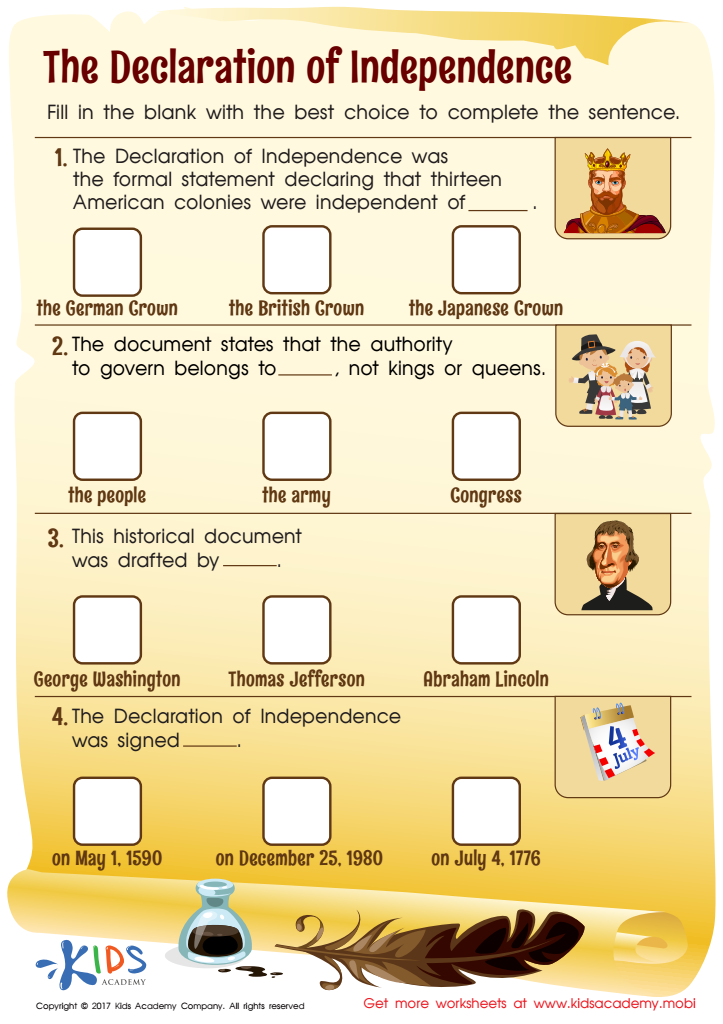

Declaration of Independence Worksheet
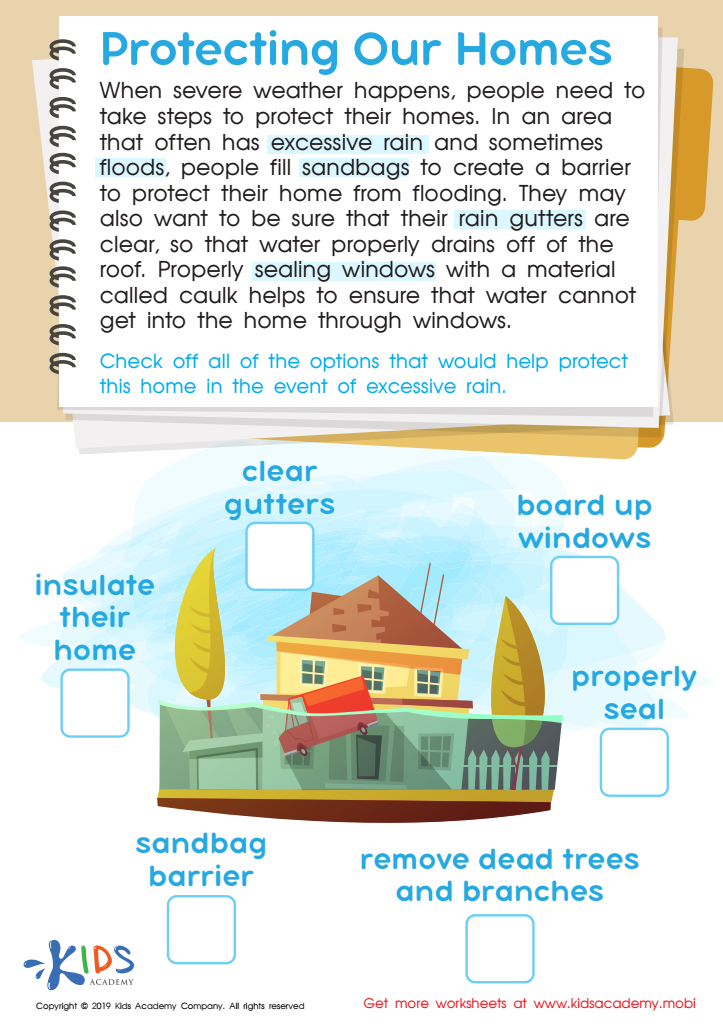

Protecting Our Homes Worksheet
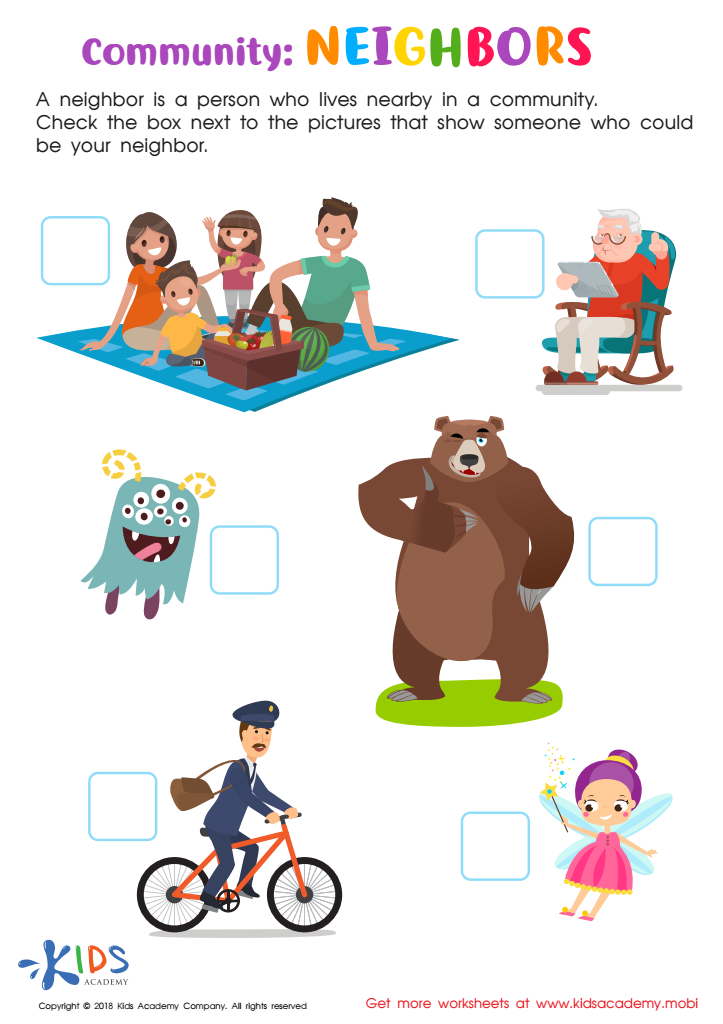

Community: Neighbors Worksheet
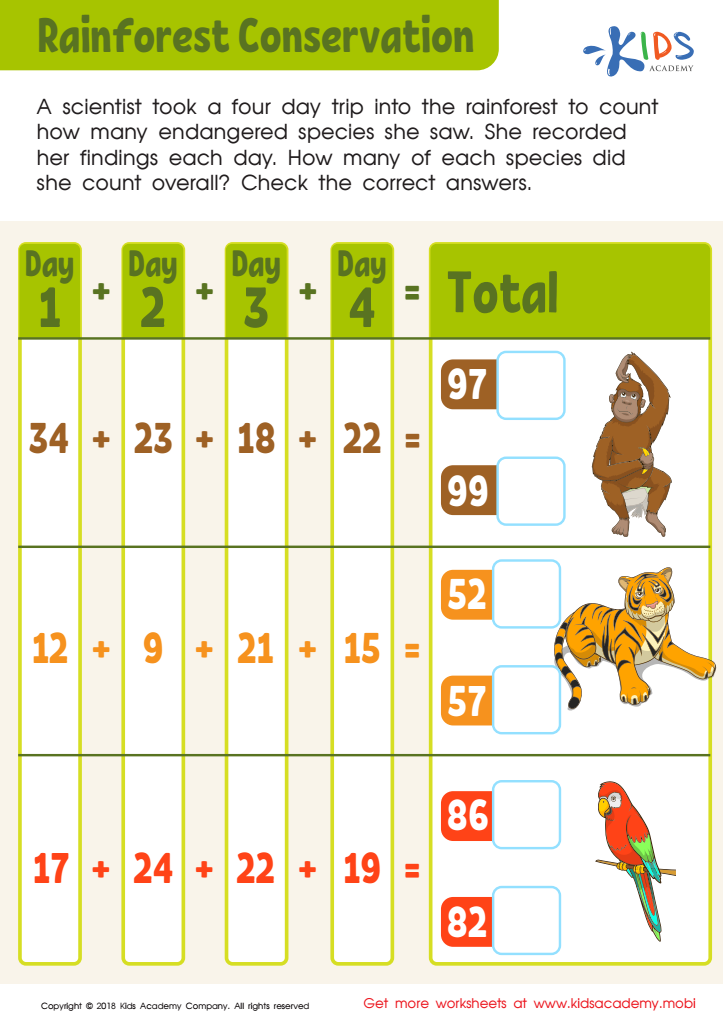

Rainforest Conservation Worksheet
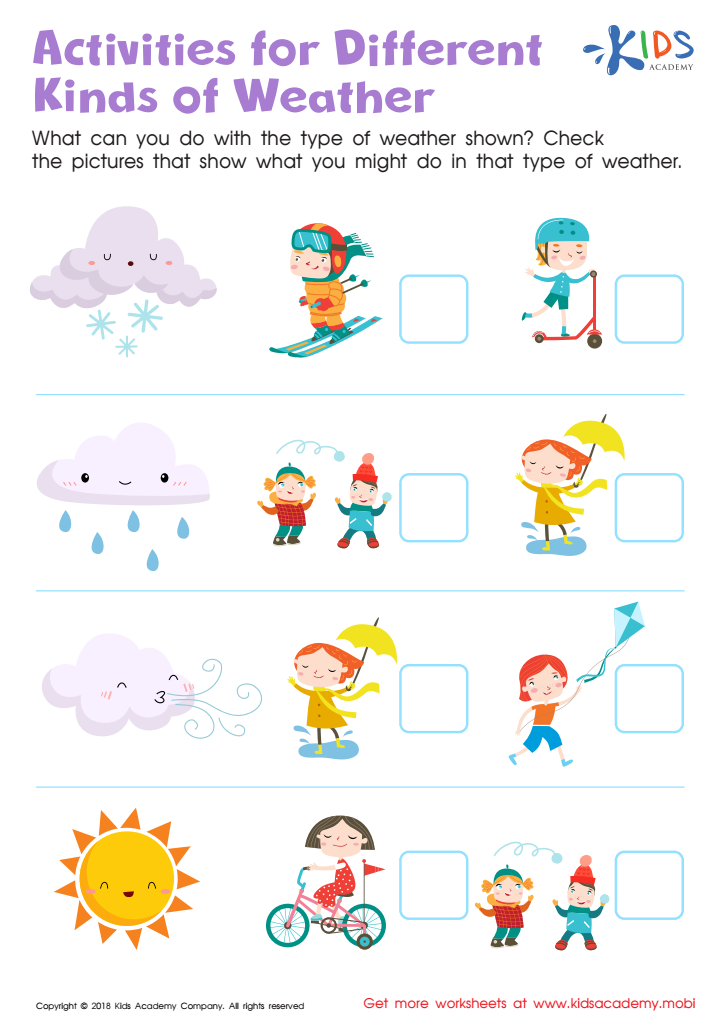

Activities for Different Kinds of Weather Worksheet
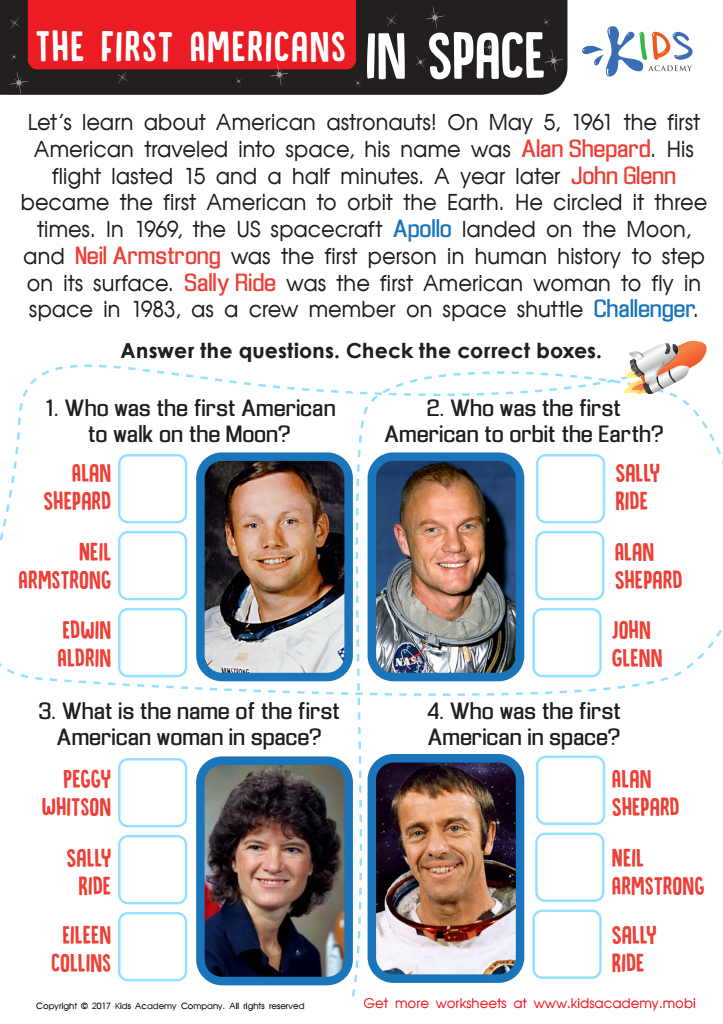

First Americans in Space Worksheet
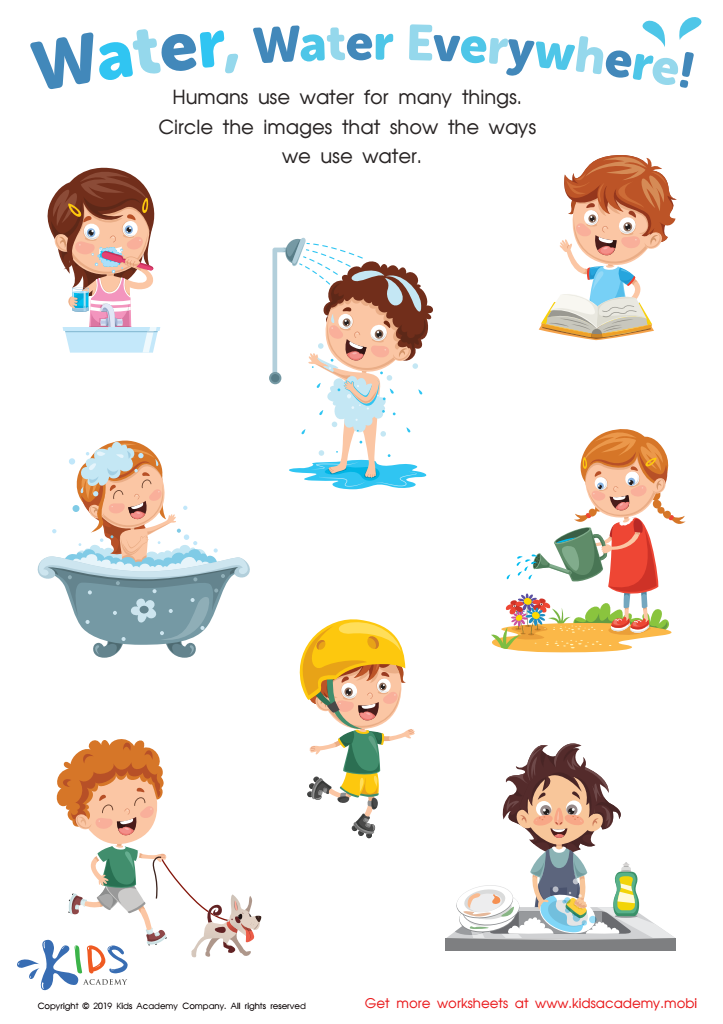

Water, Water Everywhere! Worksheet
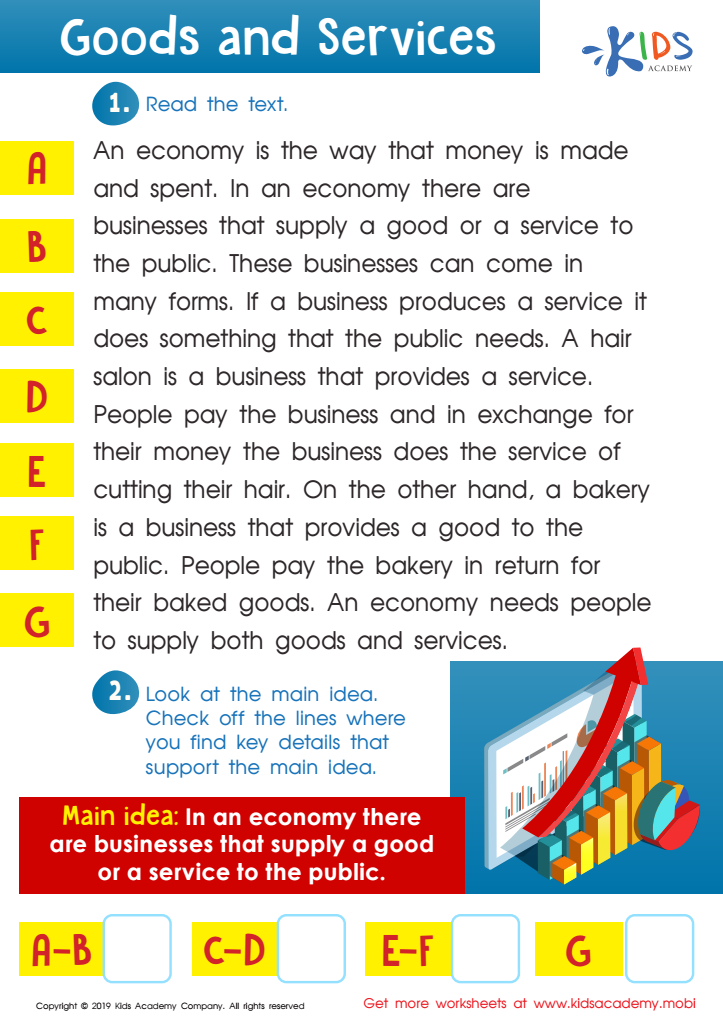

Goods and Services Worksheet
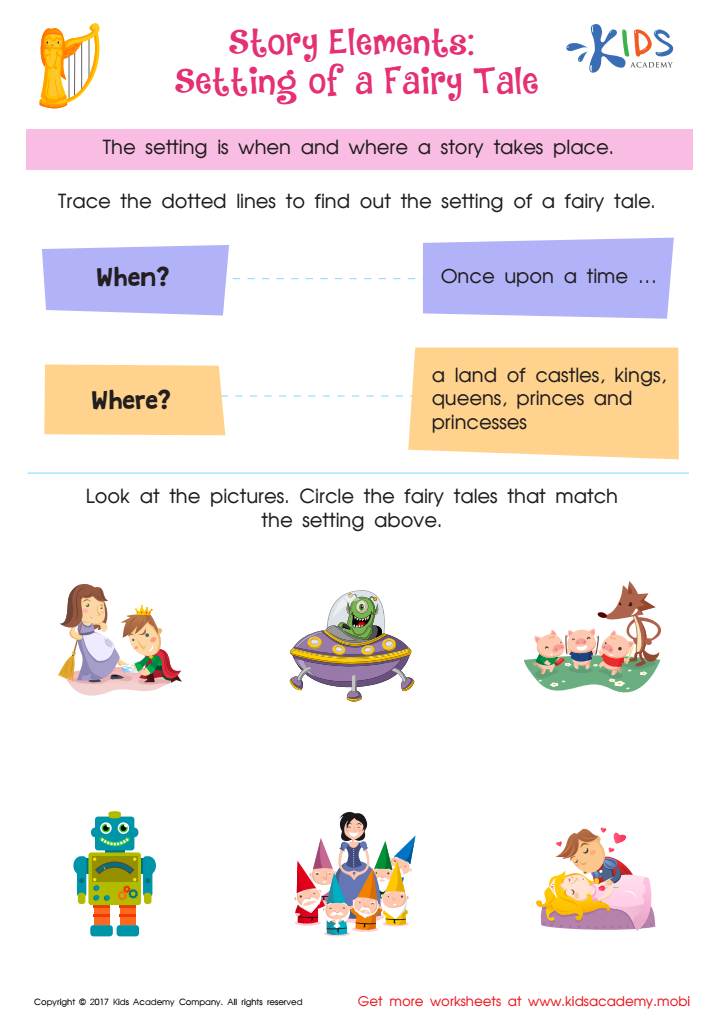

Story Elements: Setting of a Fairy Tale Printable
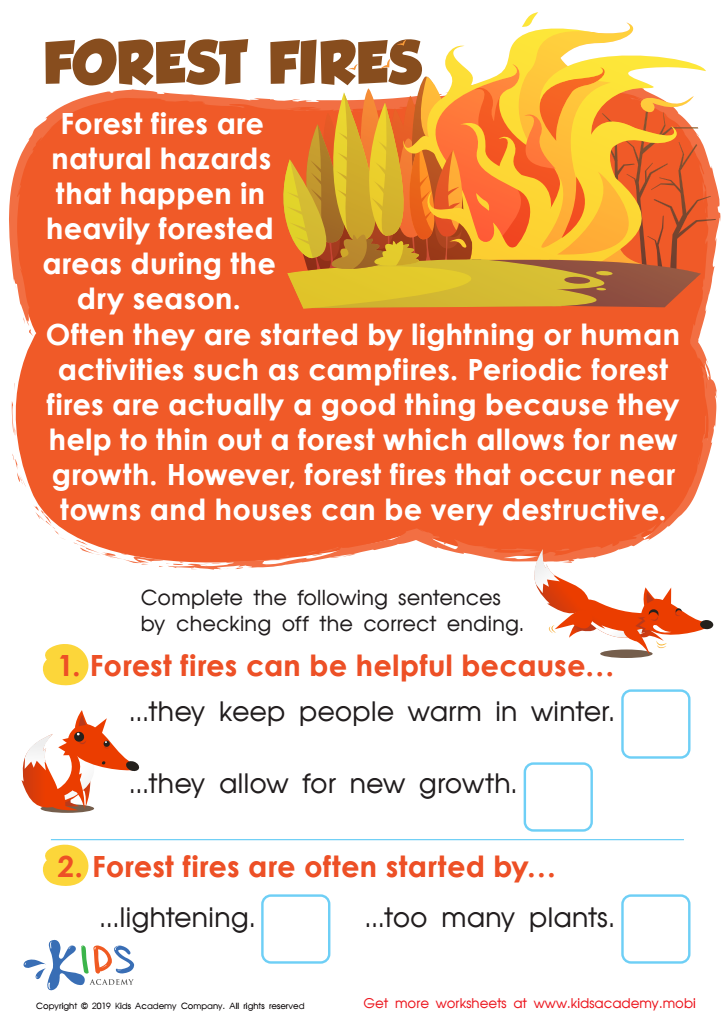

Forest Fires Worksheet
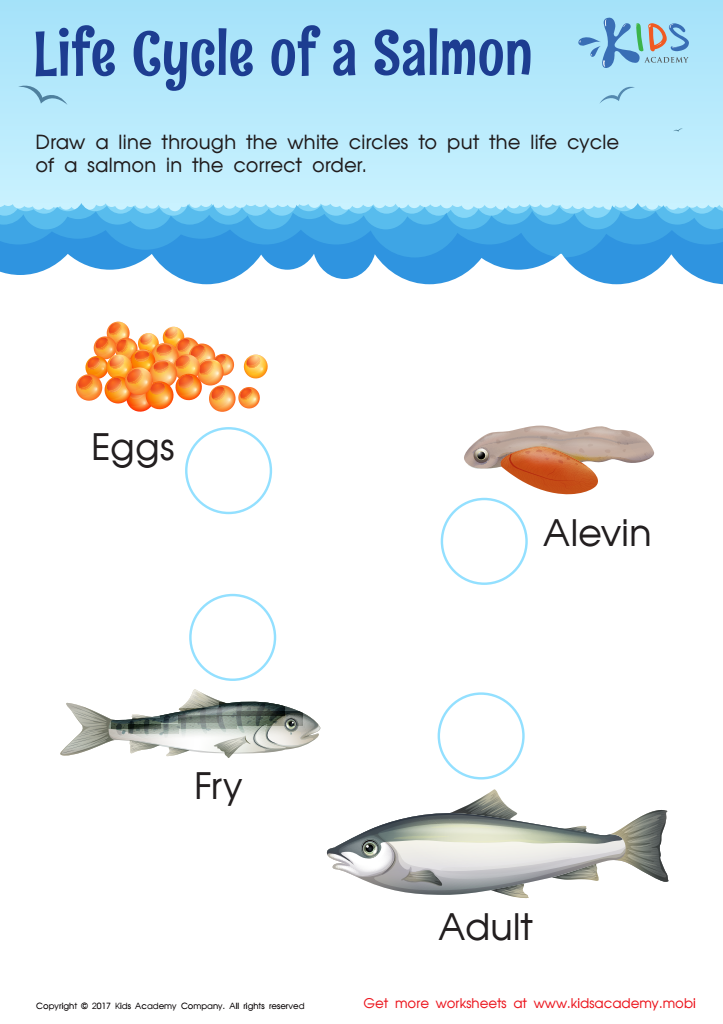

Cycle Of Salmon Worksheet
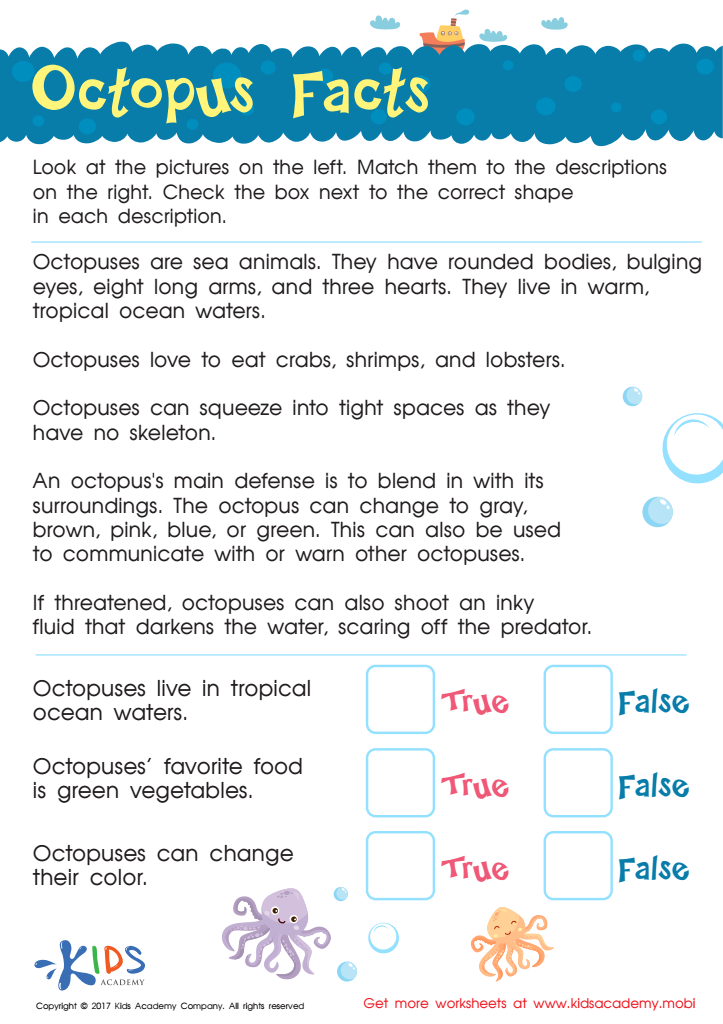

Octopus Facts Worksheet For Kids
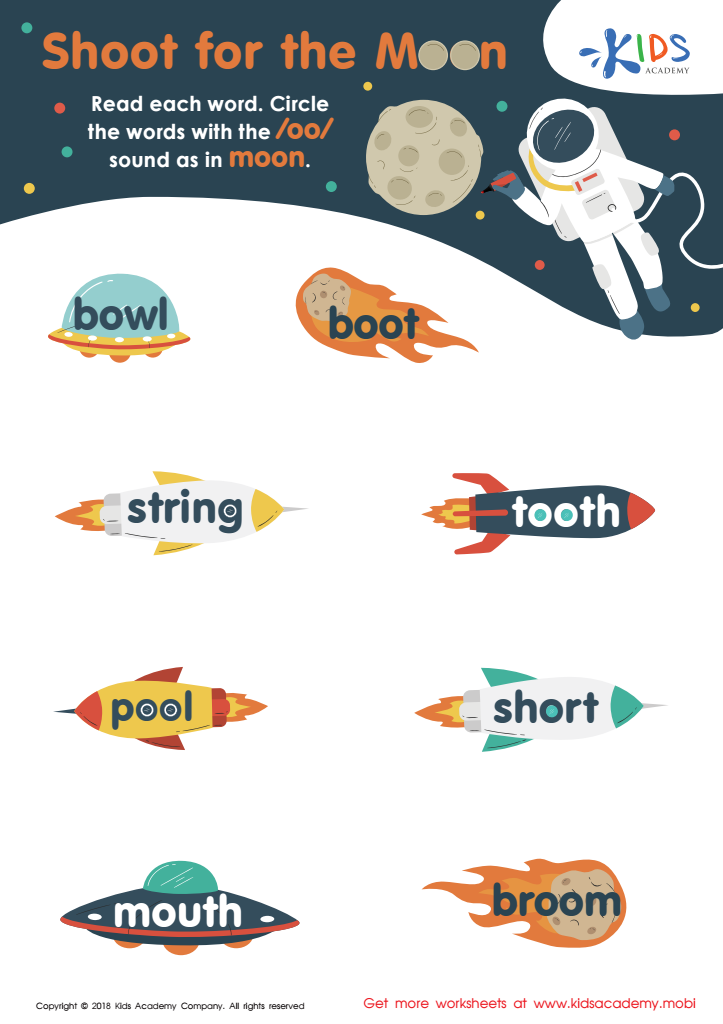

Reading: Shoot for the Moon Worksheet
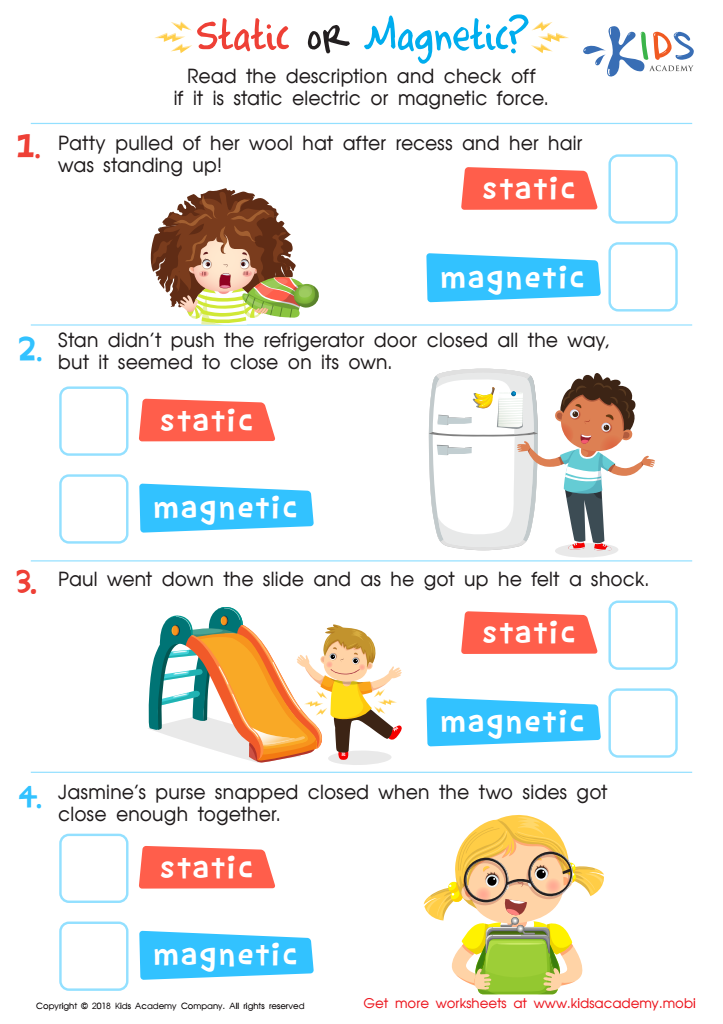

Static or Magnetic Printable Worksheet
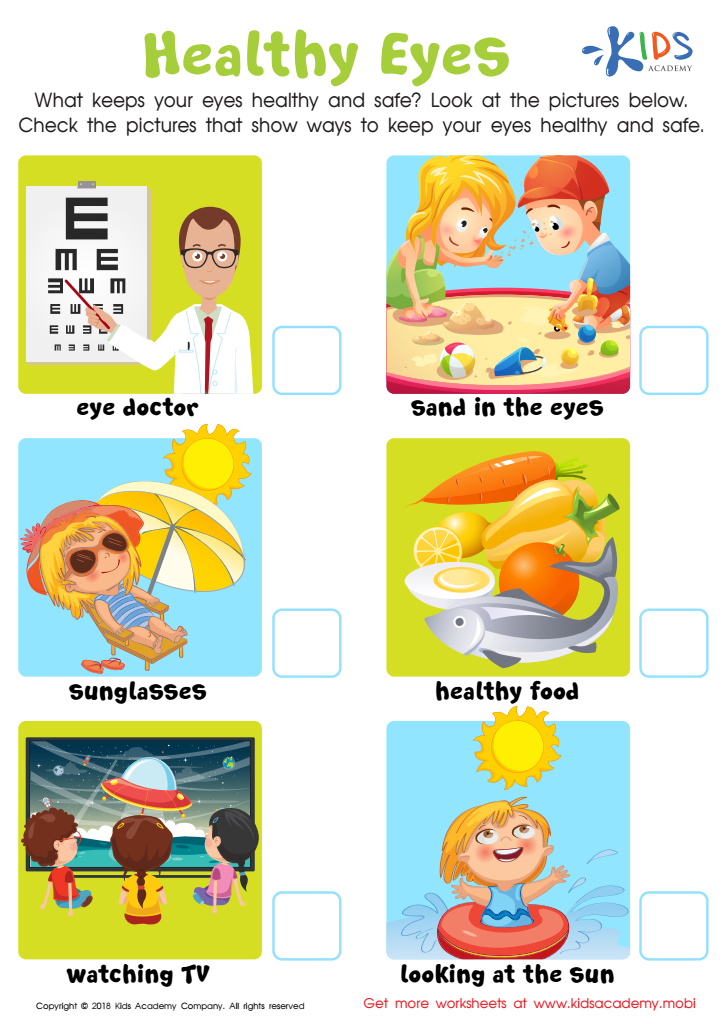

Healthy Eyes Worksheet
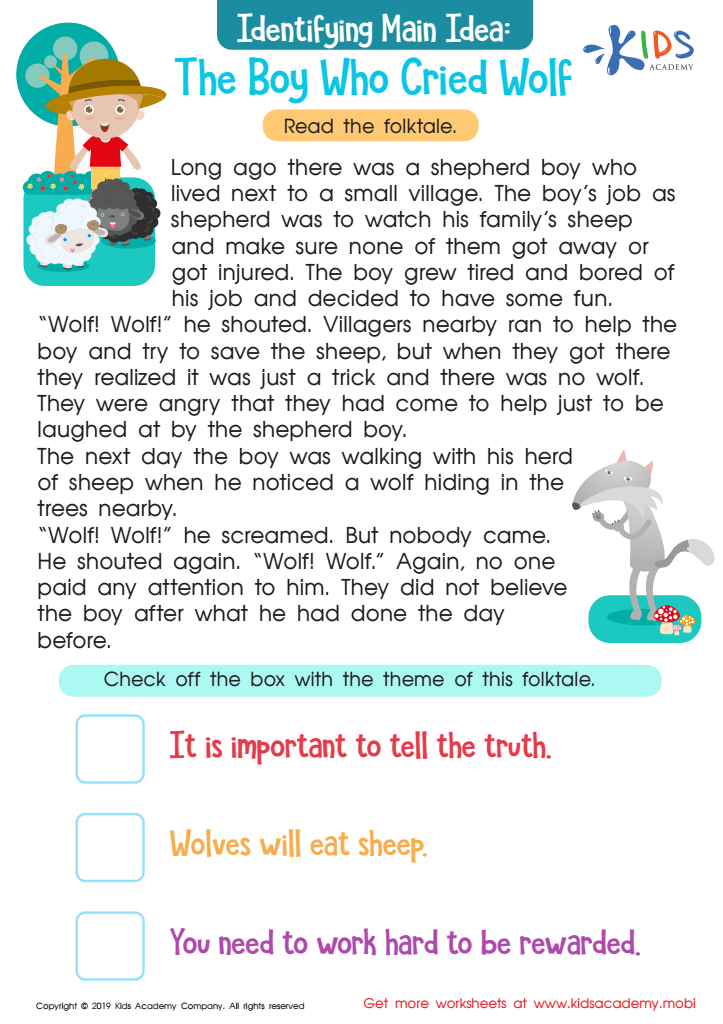

The Boy Who Cried Wolf Part 2 Worksheet
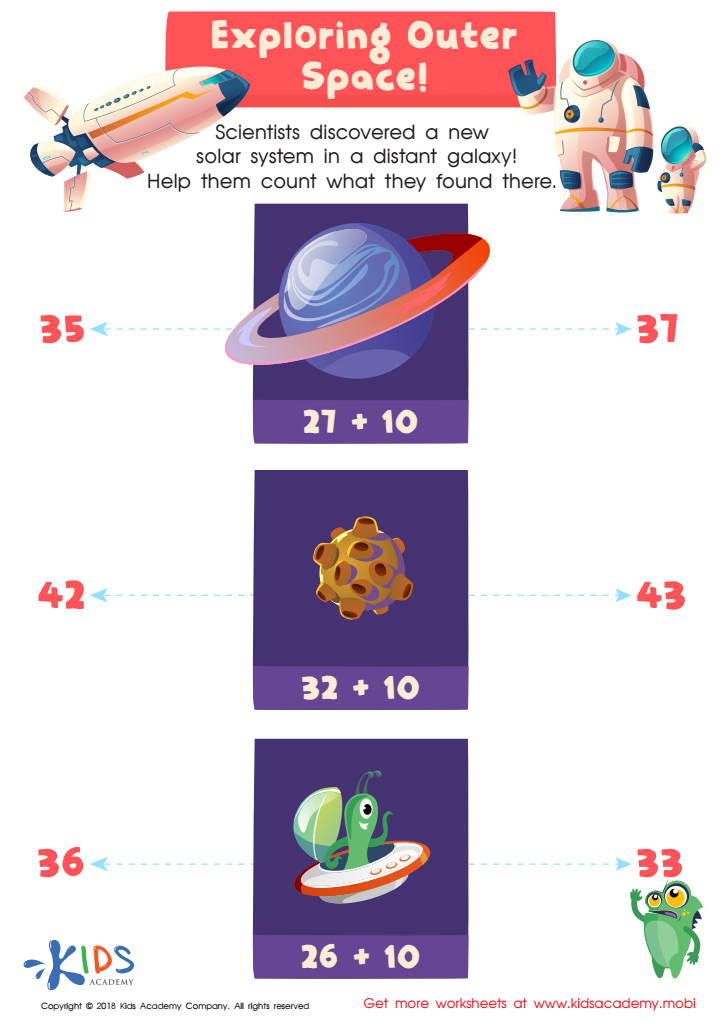

Exploring Outer Space Worksheet
Critical thinking skills are essential for children ages 3-9 because they form the foundation for lifelong learning and problem-solving abilities. At this developmental stage, children's brains are incredibly receptive and adaptable, making it the perfect time to cultivate these skills. Critical thinking helps children question, analyze, and understand the world around them, leading to better decision-making and conflict resolution.
For parents and teachers, fostering critical thinking can significantly impact a child's academic and personal growth. When children learn to think critically, they become more curious and engaged learners who can connect concepts and ideas across different subjects. This boosts their academic performance and makes learning more enjoyable and meaningful.
Moreover, critical thinking teaches children to approach problems creatively and persistently, essential traits for navigating challenges in school and life. It also helps them to develop empathy and respect for different perspectives, promoting healthier social interactions and better emotional regulation.
By encouraging critical thinking through activities like open-ended questions, problem-solving tasks, and reflective discussions, parents and teachers can support a child's cognitive development and overall well-being. Investing in these skills early on ensures that children are better prepared to tackle complex issues and succeed in an ever-changing world.
 Assign to My Students
Assign to My Students



















